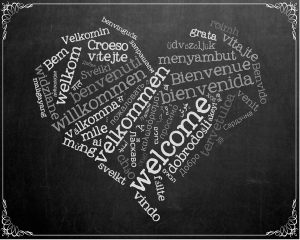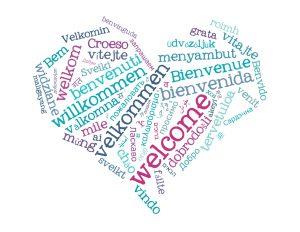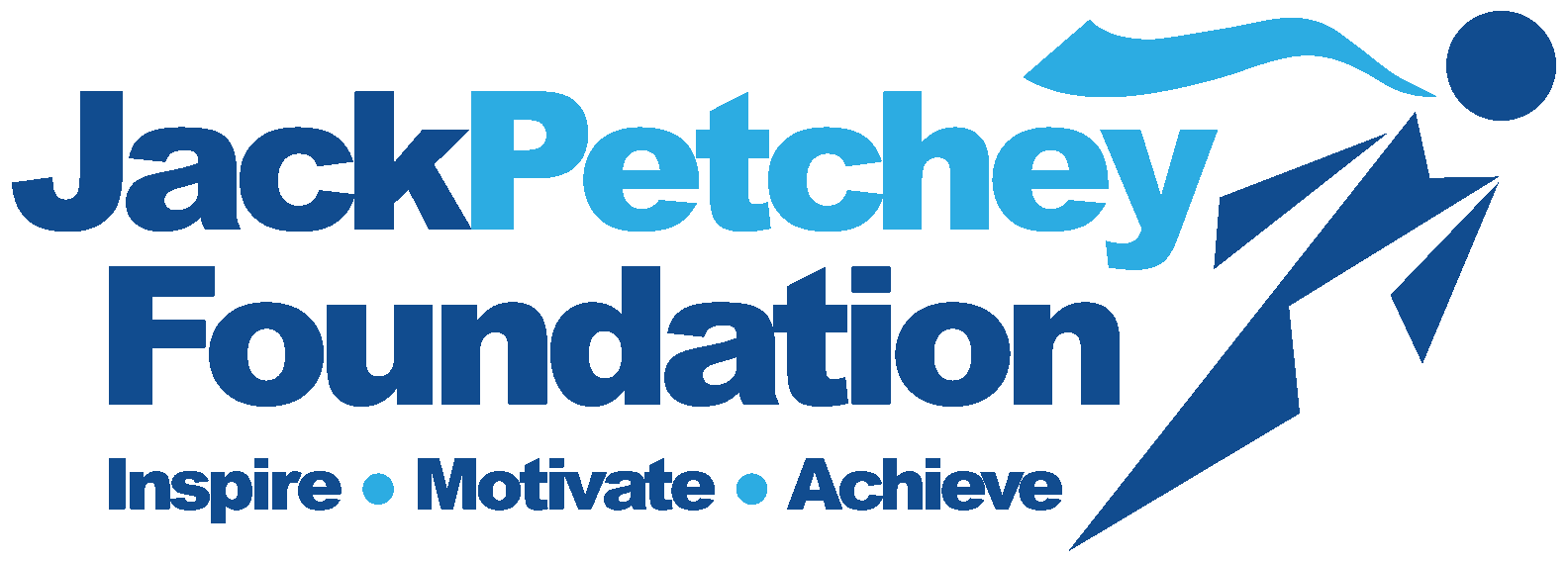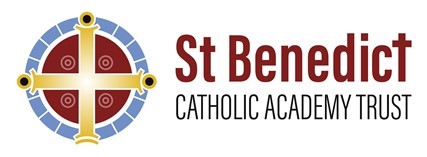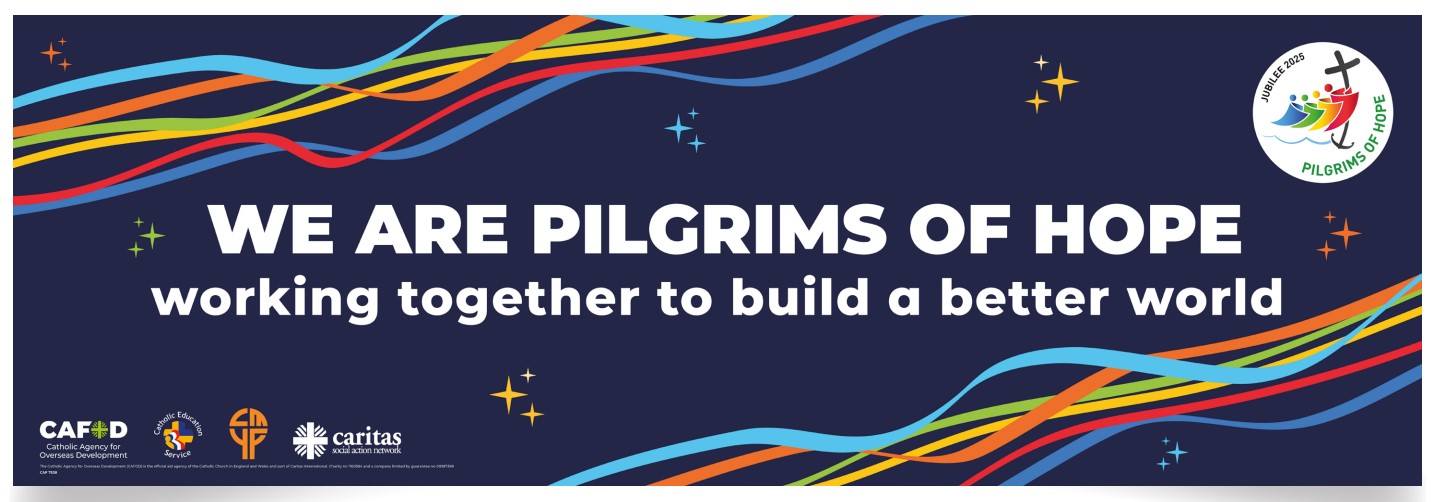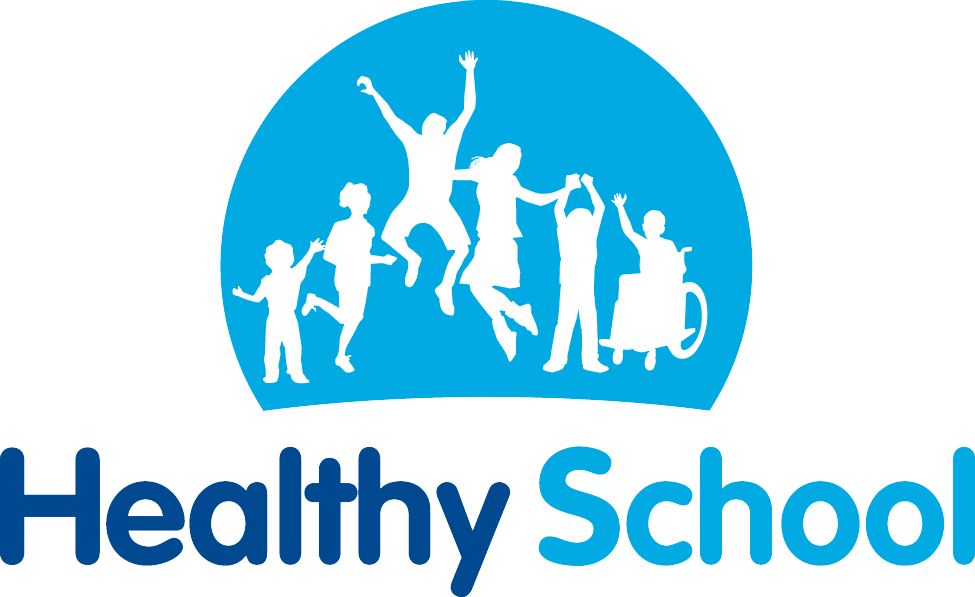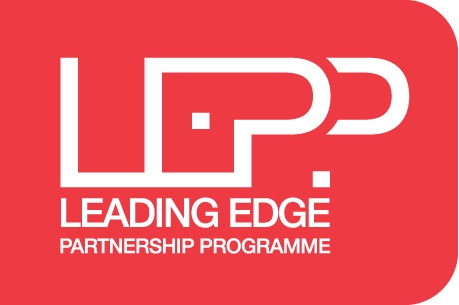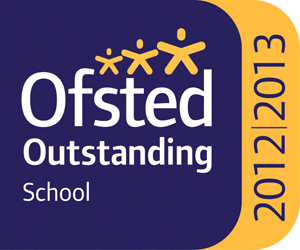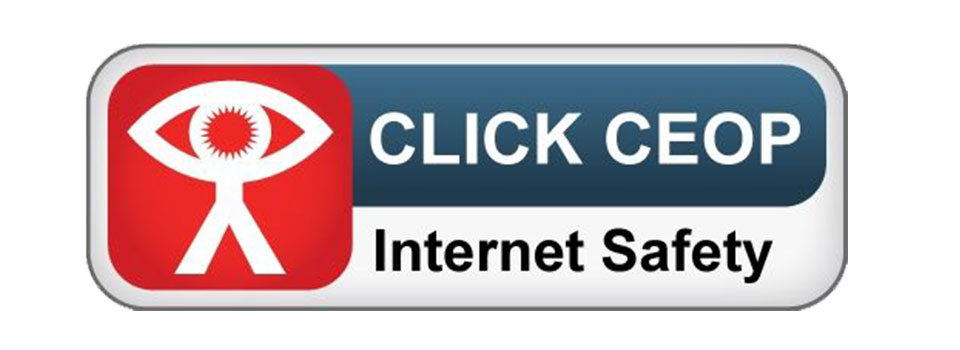Modern Foreign Languages
Modern Foreign Languages (MFL)
Vision of the Department
The MFL department places an emphasis on the communicative approach in the Target Language, which leading language theorists and Ofsted recommend. The MFL department expects and encourages students to achieve their best in all four language skills: speaking, listening, reading and writing. The department strongly believes in an inclusive approach to languages recognizing that students of all abilities can access the curriculum. We use a variety of teaching styles in order to engage all types of learners i.e. visual, aural, oral and kinesthetic. We also use a variety of resources and activities to engage all students. The main aim however, is that those students learn how to speak in the target language and this is the main focus in every lesson.
Key Stage 3
All current Year 7, 8, and 9 students learn French or Spanish for 2/3 hours a week. The topics of study range from basic introductions to holidays. The main aim is for the students to become confident language users and to gain a good basis in preparation for the MFL GCSE.
Year 7 – Key phrases and sentences in the present tense mainly
- In the first term: The students learn about cultural (greetings) and linguistic (masculine and feminine, adjectival agreement) differences which will constitute the basis of their language learning. They also learn the vocabulary of numbers, months and colors. By the end of the first term students should be able to ask and answer questions about personal information.
- In the second term: The students learn how to use two key verbs (to have and to be) and to describe themselves and others. This is to reinforce the adjectival agreement and to provide them with the opportunity to use opinions. They also learn the vocabulary of family and pets. By the end of the second term students should be able to ask and answer questions about physical descriptions and personality.
- In the third term: The students learn how to use other key verbs (most frequent verbs) and the time. This is to reinforce the negative form and conjugation patterns. They also learn more adjectives and how to say some countries in the language they are learning. By the end of the third term students should be able to hold a conversation in French or in Spanish about any of the three topics seen so far.
Competitions: We encourage our Y7 to take part in two national language competitions: Linguatrivia and the Foreign Language spelling bee. Linguatrivia gives the students the opportunity to win fantastic prizes whilst encouraging them to learn more about French language and culture. The FL spelling bee gives the students the opportunity to compete against other school whilst developing their speaking and writing skills in the target language they are learning.
Year 8 – Key phrases and sentences in the present and future tenses
- In the first term: The students consolidate their learning about gender (masculine and feminine), key verbs (to have, to be and to go) and numbers. They also learn to ask and answer questions around the topic of town.
- In the second term: The students learn how to form the future tense in French and Spanish using the verb “to go”. They also learn to ask and answer questions around the topic of free time and holidays.
- In the third term: The students learn how to use both tenses (present and future) to create more complex sentences using connectives. They also learn to ask and answer questions about what they do in a typical day at school.
Workshops: We invite famous foreign artists to the college to give the students the opportunity to embrace the culture of the language they are learning. It usually takes place as part as national festivals organized by the Institut Francais or the Instituto Cervantes.
Year 9 – Key phrases and sentences in the present, future and past tenses
- In the first term: The students learn how to conjugate a wider range of regular and irregular verbs in the present tense whilst extending the vocabulary of previously seen topics such as family and daily routine.
- In the second term: The students learn how to conjugate key verbs in the past tense (perfect tense). At the end of this module they are able to ask and answer questions about events in the past.
- In the third term: The students learn about food to improve the accuracy of their linguistic skills. At the end of this module they are able to ask and answer questions about organizing a party, shopping for food and eating at a restaurant.
Trips:
We take the students to famous landmarks across London to make them realize that languages are everywhere. We usually walk to the Tate Modern when a French or Spanish artist is exposed. We also travel to the French Institute to visit the venue and watch a French movie with subtitles.
Key Stage 4
With the advent of the global economy the world is becoming a smaller place. Most professional institutions and the majority of the country’s top universities now stipulate that entrants have some understanding of a second language in order to communicate more effectively with their counterparts and to demonstrate higher level academic skills. With this in mind we strongly encourage all our students to continue with languages at GCSE.
During the two years, students learn about the topics listed below. They also consolidate their linguistics skills to become more independent learners. At the end of the course Year 11 students are expected to be able to confidently ask and answer questions and also have the knowledge to adapt those questions to initiate (and understand) more complex conversations.
-
- Relationships with family and friends
- Marriage/partnership
- Social media
- Mobile technology
- Music
- Cinema and TV
- Food and eating out
- Sport
- Charity/voluntary work
- Healthy/unhealthy living
- The environment
- Poverty/homelessness
- Current and future study and employment:
Language mentoring: Our students are lucky to have the opportunity to speak with a native speaker from Bloomberg as part as their language mentoring programme. The mentoring session take place every month starting in January of Year 10 and ending in December of Year
11.
1. Listening
- Foundation 35 mins (incl. 5 mins reading time)
- Higher 45 mins (incl. 5 mins reading time)
- 20-30% of responses to questions set in the target language
2. Speaking
-
-
- Prep time 10-12 mins
- Test time – Foundation 7-9 mins, Higher 10-12 mins
-
- A role-play
- Stimulus Card with pics or … Stimulus Card with text or … Stimulus Card with pics and text
- Conversation (2 topics, 1 chosen by student, then 1 from 2 possibles)
3. Reading
-
-
-
-
- 30-40% of responses to questions set in the target language
- Translation into English – Foundation – a minimum of 35 words, Higher – minimum of 50 words.
- Authentic Texts – Foundation a minimum of 90 words in length and Higher – a minimum of 150 words in length.
-
-
-
4. Writing
-
-
- 10% of marks must be allocated to knowledge of and accurate application of grammar and structures
- Translation into Target Language – Foundation – a minimum of 35 words, and Higher tier – minimum of 50 words.
- 10% of marks must be allocated to knowledge of and accurate application of grammar and structures
-
Key Stage 5
During the two years, students build on their prior knowledge and expand their understanding of the structure of French or Spanish in order to develop their interest in the culture and current affairs of the country whose language they are studying.
The following exams are taken at the end of year 13:
Paper 1: Listening, reading and writing. 2hr 30 minutes- 50% of A Level.
Paper 2: Writing. 2 hours- 20% of A Level.
Paper 3: Speaking. 21-23 minutes (including 5 minutes preparation time)- 30% of A Level.
Some of topics studied:
-
-
- Immigration
- Racism
- Equal rights
- Cyberspace
- Contemporary French/Spanish music
- Cultural heritage
- Today’s youth, tomorrow’s citizens
- Cinema
- The changing nature of family
- How criminals are treated
-




